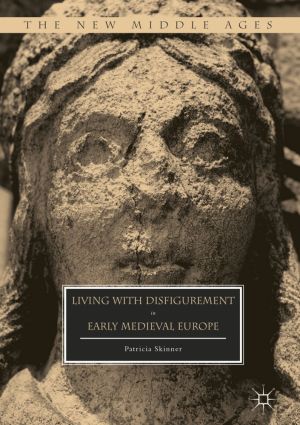
This book examines social and medical responses to the disfigured face in early medieval Europe, arguing that the study of head and facial injuries can offer a new contribution to the history of early medieval medicine and culture, as well as exploring the language of violence and social interactions. Despite the prevalence of warfare and conflict ...
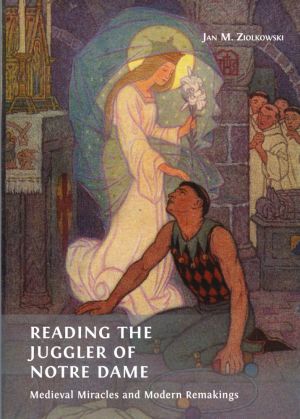
In this two-part anthology, Jan M. Ziolkowski builds on themes uncovered in his earlier The Juggler of Notre Dame and the Medievalizing of Modernity. Here he focuses particularly on the performing arts. Part one contextualises Our Lady's Tumbler, a French poem of the late 1230s, by comparing it with episodes in the Bible and miracles in a wide...

This book presents five different approaches to reading breath in literature, in response to texts from a range of historical, geographical and cultural environments. Breath, for all its ubiquity in literary texts, has received little attention as a transhistorical literary device. Drawing together scholars of Medieval Romance, Early Modern Drama, ...
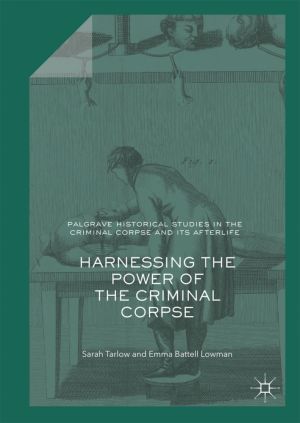
This book is the culmination of many years of research on what happened to the bodies of executed criminals in the past. Focusing on the eighteenth and nineteenth centuries, it looks at the consequences of the 1752 Murder Act. These criminal bodies had a crucial role in the history of medicine, and the history of crime, and great symbolic resonance...
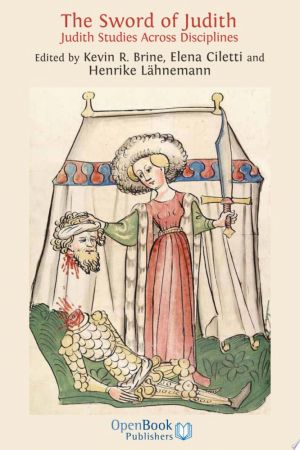
The Book of Judith tells the story of a fictitious Jewish woman beheading Holofernes, the general of a powerful army, to free her people. The story has fascinated artists and authors for centuries, and is becoming a major field of research in its own right.
The Sword of Judith is the first multidisciplinary collection of essays to discuss repres...
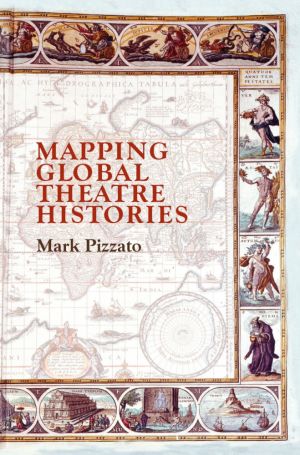
This book provides a global, chronological mapping of significant areas of theatre, sketched from its deepest history in the evolution of our brain's 'inner theatre' to ancient, medieval, modern, and postmodern developments. It considers prehistoric cave art and built temples, African trance dances, ancient Egyptian and Middle-Easter...
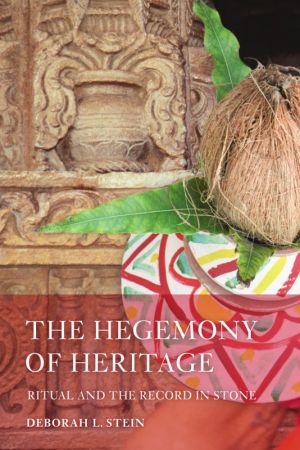
The Hegemony of Heritage makes an original and significant contribution to our understanding of how the relationship of architectural objects and societies to the built environment changes over time. Studying two surviving medieval monuments in southern Rajasthan - the Ambika Temple in Jagat and the Ékalingji Temple Complex in Kailaspuri - the aut...

This book discusses socio-environmental interactions in the middle to late Holocene, covering specific areas along the ancient Silk Road regions. Over twenty chapters provide insight into this topic from various disciplinary angles and perspectives, ranging from archaeology, paleoclimatology, antiquity, historical geography, agriculture, carving ar...
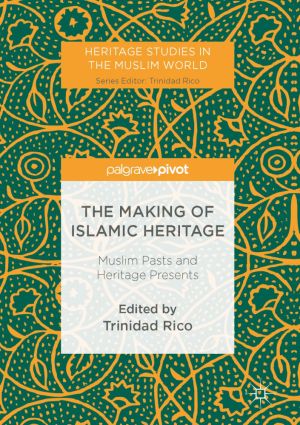
Offering key insights into critical debates on the construction, management and destruction of heritage in Muslim contexts, this volume considers how Islamic heritages are constructed through texts and practices which award heritage value. It examines how the monolithic representation of Islamic heritage (as a singular construct) can be enriched by...
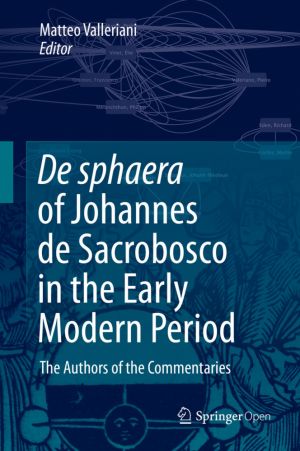
This open access book explores commentaries on an influential text of pre-Copernican astronomy in Europe. It features essays that take a close look at key intellectuals and how they engaged with the main ideas of this qualitative introduction to geocentric cosmology.
Johannes de Sacrobosco compiled his Tractatus de sphaera during the thirteenth ce...
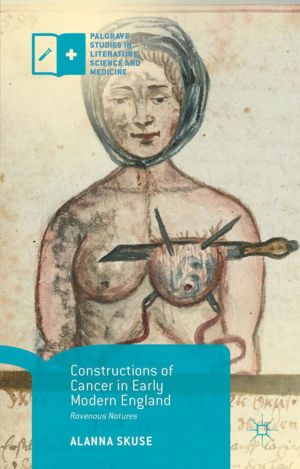
This book is open access under a CC-BY licence. Cancer is perhaps the modern world's most feared disease. Yet, we know relatively little about this malady's history before the nineteenth century. This book provides the first in-depth examination of perceptions of cancerous disease in early modern England. Looking to drama, poetry and pole...
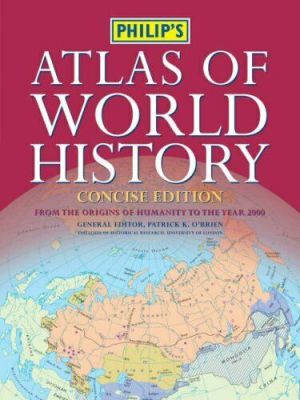
There could be no more opportune time than the start of the third millennium AD to produce an entirely new atlas of world history. Not only does this symbolic (if arbitrary) moment provoke a mood of public retrospection, but the pace of global change itself demands a greater awareness of "whole world" history.
More than 20 years have p...
